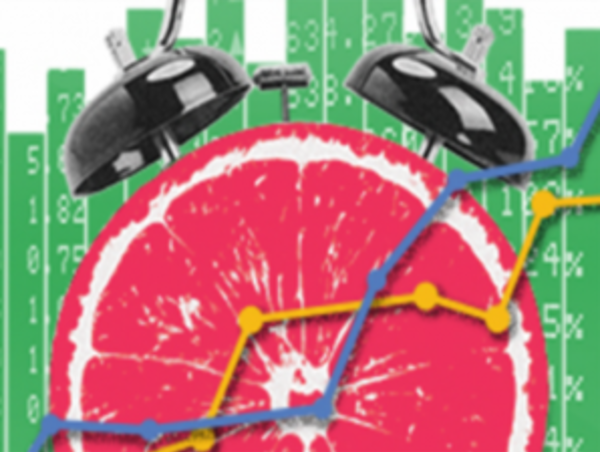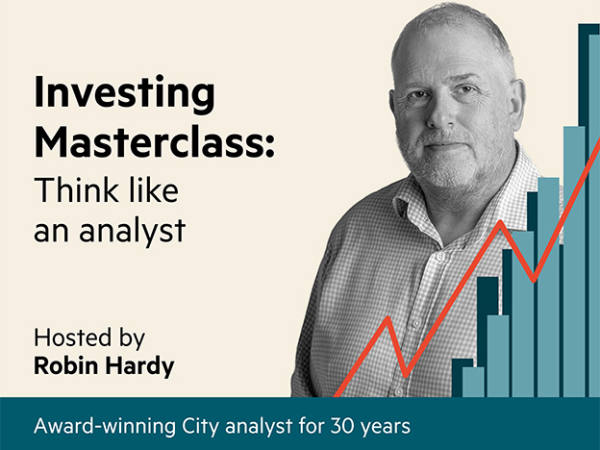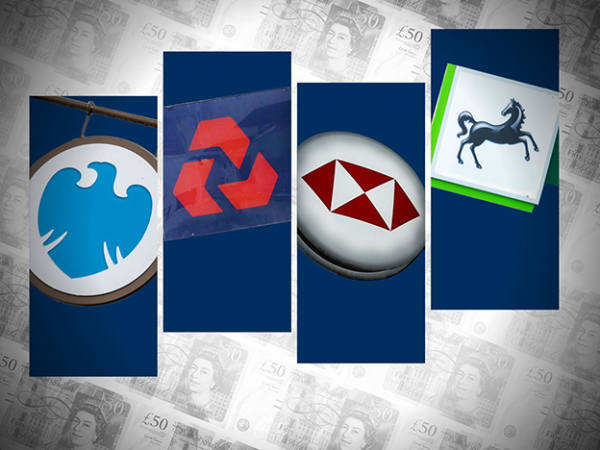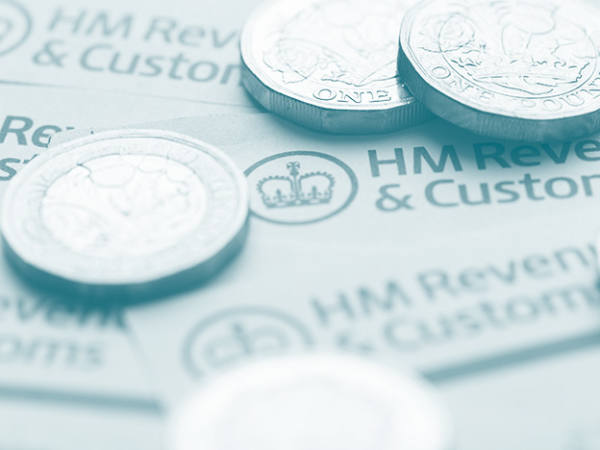The rise of ‘meme stocks’ highlights the need to treat social media with caution
Investment advice on Reddit is “probably among the best”, according to the social media platform’s chief executive, Steve Huffman. This was one of the lesser-covered baffling statements to come out of last Thursday’s chaotic hearing where protagonists of the GameStop (US:GME) saga testified to US Congress. I hope the 9m members – or ‘degenerates’ as they like to call themselves – of Reddit’s r/wallstreetbets page don’t agree with him.
For the uninitiated, r/wallstreetbets is an investment forum where people discuss stocks and options trading. It’s notorious for favouring aggressive trading strategies that most people would consider gambling. It also played a lead role in stoking enthusiasm for struggling retailer GameStop, which at one point last month saw its shares rise 2,700 per cent from the beginning of the year.
The GameStop rally began, arguably, with honourable intent. Keith Gill – known on Reddit as ‘DeepF*****gValue’ and on Twitter and YouTube as ‘Roaring Kitty’ – posted videos on social media last year explaining why he thought GameStop was undervalued. As more amateur traders entered the fray, Reddit users called for people to pile into GameStop shares, to push up the price and put pressure on the short sellers (a ‘short squeeze’). While some wanted to punish the hedge funds, many were just looking to make a quick buck out of a soaring share price, and many got badly burned when it fell.
Huffman’s defence of Reddit’s investment advice was that the community’s moderation system – where people can 'upvote' or 'downvote' posts – allows users to boost or lessen visibility for posts they give credit to or not. I’m not sure how posts along the lines of ‘YOLO to the moon’ could possibly count as good investment advice, even if endorsed by hundreds of thousands of people. ‘Loss porn’ is another curious development – where people boast about how much they have lost. While it does show some humility, it also feels like the stock market is being treated like a casino.
To be clear, Vlad Tenev, the chief executive officer of trading platform Robinhood received most of the ire from Congress in the hearing. The platform has broadly been blamed for three things: temporarily halting trading when it breached its capital requirements, receiving too much money for order flow payments and gamifying the investment process, thus encouraging excessive risk taking.
But it will be interesting to see how legislators tackle the role of social media. At one point in the hearing Democratic congressman David Scott called social media-led stock market bubbles “a threat to the future of our financial system”.
Activity in the UK is more tame, but it doesn't take long to find groups on Twitter trying to ramp up stock prices. New research from Oxford Risk says that 7 per cent of Brits who invest regard social media as their most important source of information – rising to 20 per cent among 18- to 34-year-olds.
The researchers warn that an over-reliance on social media makes users increasingly susceptible to a plethora of conflicting emotions, increasing the chances of ‘emotional’ decision-making. Oxford Risk believes that emotional decisions, on average, cost investors 3 per cent a year in returns.











